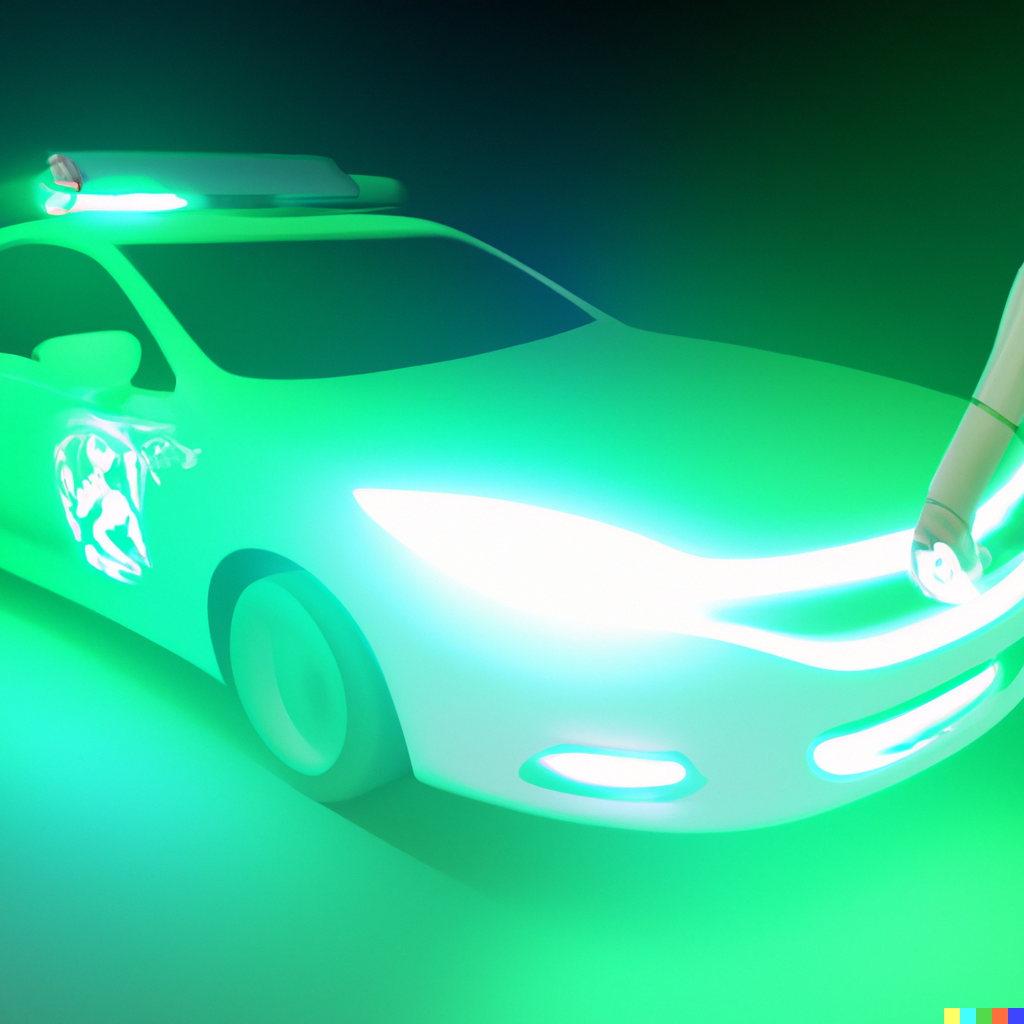Debunking Common Misconceptions about DUIs in Florida

Welcome to The Joshua S. Horton Law Firm, PA, where we strive to provide accurate and insightful information to our clients. In today’s blog post, we’ll be addressing some common misconceptions surrounding DUIs in the state of Florida. As your trusted legal partner and criminal defense attorney that specializes in DUI and Drug Possession, we believe it’s essential for individuals to be well-informed about the potential consequences they may face in the event of a DUI arrest.
Misconception 1: “I Can’t Be Charged with DUI if I Haven’t Consumed a Large Amount of Alcohol” Many people believe that a DUI charge is only applicable if they have consumed a significant quantity of alcohol. However, Florida law considers any level of impairment due to alcohol or drugs as grounds for a DUI arrest. It’s crucial to understand that the legal limit for blood alcohol concentration (BAC) in Florida is 0.08%.
Consequences for a First DUI: For a first-time DUI offense in Florida, individuals may face the following consequences:
- Fines ranging from $500 to $1,000
- License suspension for a minimum of 180 days
- Probation for up to one year
- Mandatory completion of DUI school and potential installation of an ignition interlock device
Misconception 2: “I Won’t Face Serious Consequences for a Second DUI” Some individuals mistakenly believe that the consequences for a second DUI are not significantly more severe than those for a first offense. In reality, Florida law imposes harsher penalties for repeat DUI offenses.
Consequences for a Second DUI: If convicted of a second DUI in Florida, individuals may face:
- Fines ranging from $1,000 to $2,000
- Mandatory imprisonment for a minimum of 10 days (up to 9 months)
- License suspension for at least five years (eligible for hardship reinstatement after one year)
- Installation of an ignition interlock device
Misconception 3: “A Third DUI Won’t Result in Substantial Prison Time” Some individuals underestimate the gravity of a third DUI offense. Florida law treats a third DUI as a felony, and the consequences are much more severe.
Consequences for a Third DUI: For a third DUI conviction, individuals may face:
- Fines ranging from $2,000 to $5,000
- Mandatory imprisonment for a minimum of 30 days (up to 5 years)
- Potential permanent license revocation (may be eligible for hardship reinstatement after two years)
- Mandatory ignition interlock device installation
Misconception 4: “I Can Refuse a Breathalyzer Test Without Consequences” Some individuals believe that refusing a breathalyzer test will automatically protect them from DUI charges. However, Florida has implied consent laws, which means that drivers are considered to have given their consent to chemical testing when they operate a motor vehicle. Refusing a breathalyzer test can result in an immediate license suspension, and it may be used against you in court.
Consequences for Refusing a Breathalyzer Test:
- First refusal: One-year license suspension
- Subsequent refusals: 18 months’ license suspension
Misconception 5: “I Can Talk My Way Out of a DUI Arrest” There’s a misconception that being cooperative or trying to explain the situation to law enforcement can prevent a DUI arrest. While it’s essential to be respectful, once an officer suspects impairment, they are likely to proceed with the necessary procedures. Anything you say or do can be used against you, so it’s crucial to exercise your right to remain silent and seek legal counsel.
Misconception 6: “I Can Handle a DUI Case on My Own” Some individuals may believe that representing themselves in a DUI case is a viable option to save money or time. However, DUI laws are complex, and navigating the legal system without professional assistance can lead to unfavorable outcomes. Having an experienced DUI attorney by your side can significantly improve your chances of building a strong defense and mitigating potential consequences.
Misconception 7: “I Can Avoid DUI Penalties by Pleading Guilty” Opting to plead guilty without understanding the implications is another common misconception. In many cases, there are opportunities to challenge evidence, negotiate plea bargains, or explore alternative sentencing options. Consulting with an experienced DUI attorney can help you assess the best course of action based on the specific details of your case.
Conclusion: It’s crucial to dispel these misconceptions and recognize the serious implications of DUI charges in Florida. At The Joshua S. Horton Law Firm, PA, we are dedicated to providing expert legal guidance to navigate the complexities of DUI cases. If you or someone you know is facing DUI charges, contact us for a consultation. Remember, an informed approach is the first step toward building a strong defense.
